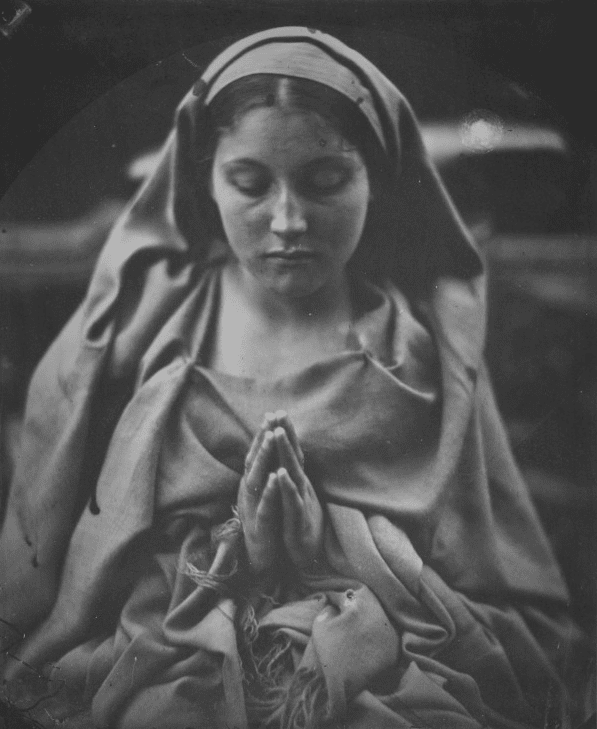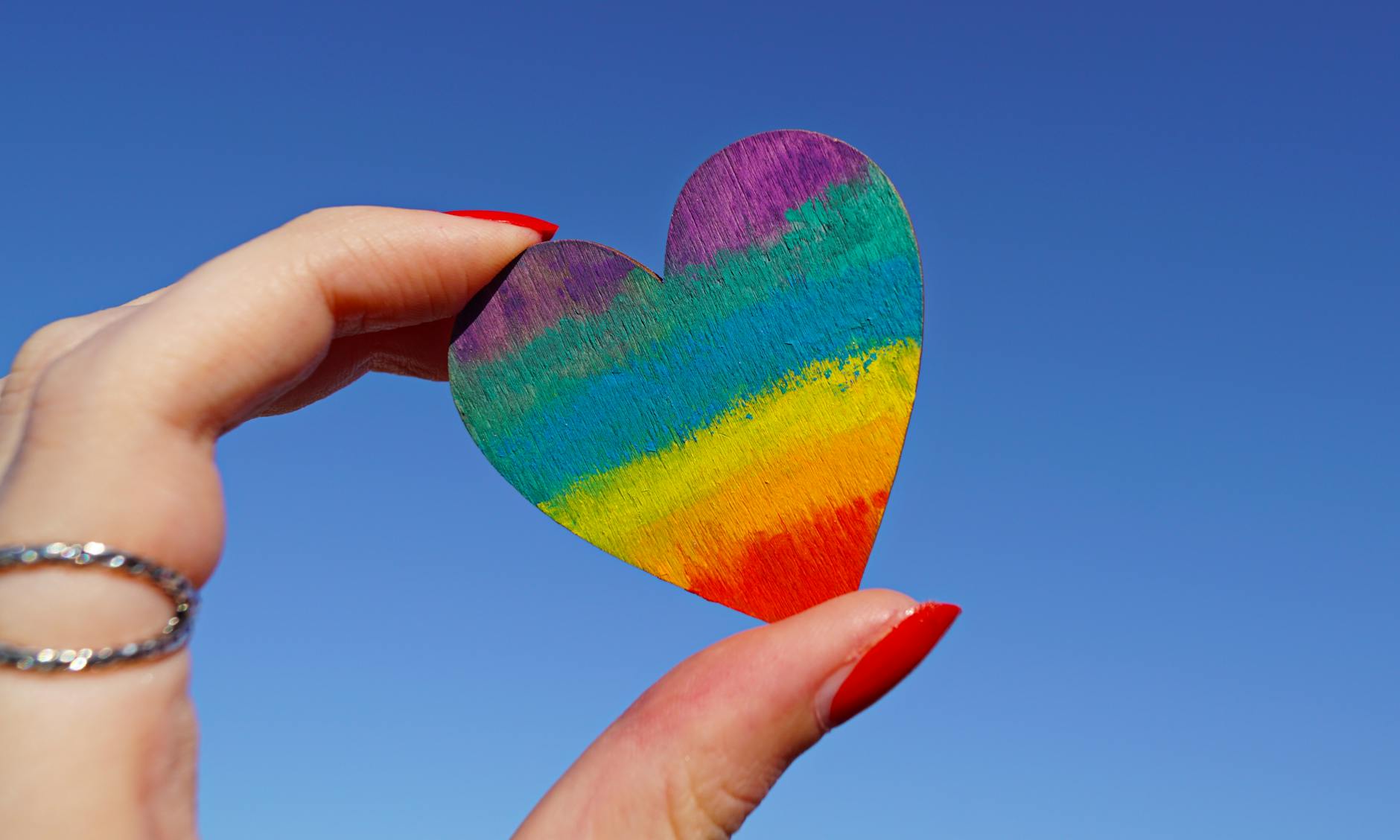
Why would a loving God allow bad things to happen?
The recent tragedy at the Boston Marathon certainly brings this question to the minds of many people. If God really loves us, why does He allow us to suffer? Why does He permit terrorism, child abuse and natural disasters to occur? While the brutally honest and truthful answer is that “He’s God and He knows what He’s doing”, there are a few specific points that can help us to better understand these tragedies. And, quite frankly, understanding them can often make the difference between moving closer to the Lord or turning our backs on Him.
Free Will – God loves us so much that He gives us the gift of free will. This means that while we are free to do good, we also have the ability to do evil. The person or persons who caused the explosions in Boston chose to commit an evil act. In no way did God cause this to happen. According to the Catechism of the Catholic Church (CCC):
Angels and men, as intelligent and free creatures, have to journey toward their ultimate destinies by their free choice and preferential love. They can therefore go astray. Indeed, they have sinned. Thus has moral evil, incommensurably more harmful than physical evil, entered the world. God is in no way, directly or indirectly, the cause of moral evil. He permits it, however, because he respects the freedom of his creatures and, mysteriously, knows how to derive good from it. (CCC 311)
Greater Good – In his Letter To The Romans, St. Paul states that “We know that IN EVERYTHING God works for good with those who love Him, who are called according to His purpose.” (Romans 8:28, emphasis mine) Not just the good things, but the bad things too. How is it possible that good can result from the mutilation and murder of innocent people? While I don’t claim to understand all of God’s reasons, there are a few obvious ones that stand out. When tragedy occurs, we get to see people helping one another. Every time a tragedy takes place, there are numerous stories of heroism and genuine love of neighbor that emerge. We also see an increase in prayer. Many people who aren’t used to praying suddenly “hit their knees”. We’re also reminded of our mortality and how we’re not really in control of our own destiny.
In time we can discover that God in his almighty providence can bring a good from the consequences of an evil, even a moral evil, caused by his creatures: “It was not you”, said Joseph to his brothers, “who sent me here, but God. . . You meant evil against me; but God meant it for good, to bring it about that many people should be kept alive.” From the greatest moral evil ever committed – the rejection and murder of God’s only Son, caused by the sins of all men – God, by his grace that “abounded all the more”,brought the greatest of goods: the glorification of Christ and our redemption. But for all that, evil never becomes a good. (CCC 312)
Trust – When tragic events occur, we are given an opportunity to trust God. It is during the dark times that we must truly “walk by faith and not by sight” (2 Corinthians 5:7). When skies are blue, it’s a lot easier for us to trust than during storms. However, storms often give us the best chance to grow closer to the Lord.
We firmly believe that God is master of the world and of its history. But the ways of his providence are often unknown to us. Only at the end, when our partial knowledge ceases, when we see God “face to face”, will we fully know the ways by which – even through the dramas of evil and sin – God has guided his creation to that definitive sabbath rest for which he created heaven and earth. (CCC 314)
An Invitation – When bad things happen, either in our own life or in the lives of others, we are invited to assist God in bringing good out of evil. We can do this by praying. Although the Lord doesn’t need our help, He allows us to help Him through the act of prayer.
Since Abraham, intercession – asking on behalf of another has been characteristic of a heart attuned to God’s mercy. In the age of the Church, Christian intercession participates in Christ’s, as an expression of the communion of saints. In intercession, he who prays looks “not only to his own interests, but also to the interests of others,” even to the point of praying for those who do him harm. (CCC 2635)
Heaven – As much as we’d like it to be, this world is not perfect. Pain and suffering do exist. Accepting this will cause us to remain calm when these events occur. In addition, it will increase our desire for heaven, where there is NO PAIN AND SUFFERING!
We can therefore hope in the glory of heaven promised by God to those who love him and do his will. In every circumstance, each one of us should hope, with the grace of God, to persevere “to the end” and to obtain the joy of heaven, as God’s eternal reward for the good works accomplished with the grace of Christ.
Although it’s not easy, it’s crucial for us to keep our eye on the Lord when “bad things” happen. Blaming Him for the suffering, although understandable, is neither accurate or wise. If we truly believe that He loves us, we should strive to see His goodness in everything. Doing so will bring us great peace, even in times of turmoil.
Source: http://www.catholicstand.com/why-does-god-let-bad-things-happen/







